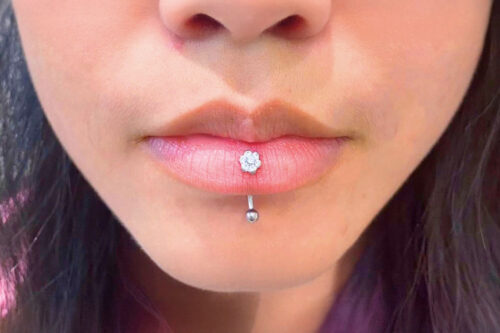In the age of social media and endless product launches, skin care advice is everywhere—but not all of it is true. From skipping moisturizer to relying on “natural” DIY remedies, many of us are unknowingly following outdated or misleading tips. In this article, we’re breaking down some of the most common skin care myths and setting the record straight. If you want healthier, clearer skin, it starts with separating fact from fiction.
Oily skin doesn’t need moisturizer
False. Oily skin can still be dehydrated, which often makes it produce even more oil to compensate. The key is using a lightweight, oil-free moisturizer to maintain balance without clogging pores.
Sensitive skin should avoid exfoliation
Not entirely true. While harsh scrubs with large particles can irritate sensitive skin, gentle chemical exfoliants (like mandelic acid or lactic acid) can be beneficial when used correctly and in moderation.
Natural ingredients are always safer
“Natural” doesn’t always mean better. Poison ivy is natural, too. Some natural ingredients — like lemon juice, baking soda, or essential oils — can irritate or damage the skin. Always focus on formulation, quality, and compatibility with your skin, not just the label.
Skin care myths: You only need SPF in summer or on sunny days
UV rays are present year-round, even on cloudy days. Daily sunscreen use helps prevent premature aging, pigmentation, and UV-related skin damage. If you're using actives like retinol or acids, SPF is even more essential.
If it stings or tingles, it means it’s working
Nope. A burning or stinging sensation often means your skin is irritated — not that the product is effective. Skin care shouldn’t hurt. If it does, it may be too strong or not suitable for your skin type.
Good skin care gives instant results
Healthy skin takes time. Most products take at least 4 to 8 weeks to show noticeable improvements. Patience, consistency, and realistic expectations are key to seeing lasting change.
The more we learn to question skin care myths, the better we can care for our skin with intention and intelligence. Choose products that support your needs, listen to your skin’s signals, and remember: good skin is a journey, not a quick fix.
Was this article helpful?
















